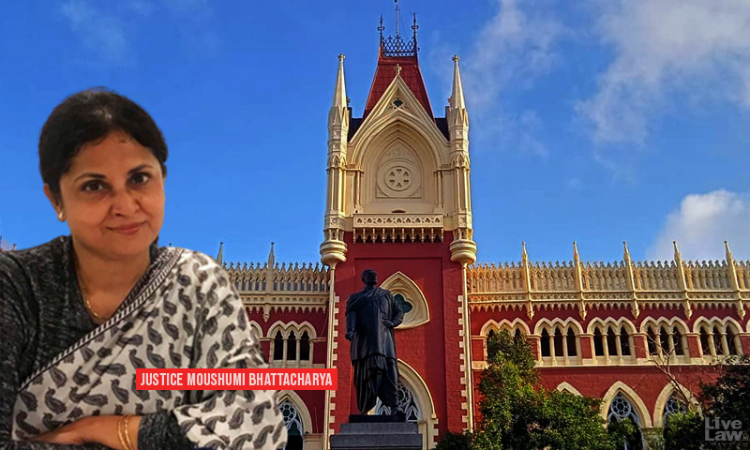Arbitration And Conciliation Act Does Not Overlap West Bengal Public Land Act: Calcutta High Court
Rajesh Kumar
12 Feb 2024 5:15 PM IST

Next Story
12 Feb 2024 5:15 PM IST
The Calcutta High Court single bench of Justice Moushumi Bhattacharya held that there exists no conflict between the Arbitration and Conciliation Act, 1996, and the provisions of The West Bengal Public Land (Eviction of Unauthorised Occupants) Act, 1962. It held that both statutes operate within distinct domains and do not overlap in their scope or application. Brief...
